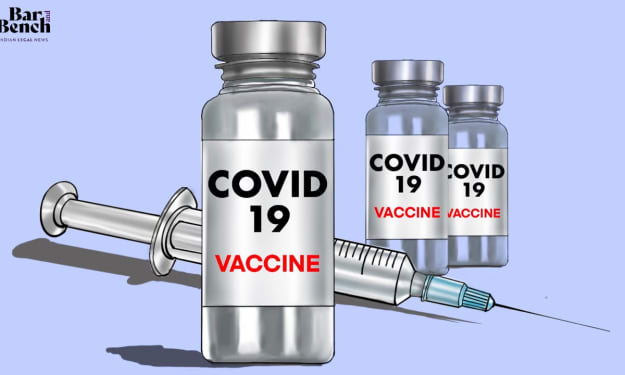10 Health Benefits of Low-Carb and Ketogenic Diets
The Health Advantages of Low-Carb and Ketogenic Diets

Low-carb diets have been a source of contention for decades.
Because of their high fat content, some argue that these diets raise cholesterol and cause heart disease.
However, most scientific studies show that low-carb diets are healthy and beneficial.
Here are ten scientifically proven health benefits of low-carb and ketogenic diets.
s worst side effect is usually hunger.
It is one of the primary reasons why so many people are unhappy and eventually give up.
Low-carb eating, on the other hand, causes an automatic decrease in appetite (1Trusted Source).
Studies show that when people cut carbs and eat more protein and fat, they consume far fewer calories.
2. Low-carb diets result in greater weight loss at first.
One of the simplest and most effective ways to lose weight is to cut carbs.
Studies show that people on low-carb diets lose more weight faster than those on low-fat diets, even when the latter are actively calorie-restricted.
This is due to the fact that low-carb diets work to remove excess water from your body, lowering insulin levels and resulting in rapid weight loss in the first week or two.
In studies that compared low-carb and low-fat diets, people who restricted their carbs lost 2–3 times as much weight — without feeling hungry.
In one study of obese adults, a low-carb diet was found to be more effective than a conventional weight loss diet for up to six months. Following that, the difference in weight loss between diets was negligible.
During a one-year study,
3. Your abdominal cavity accounts for a greater proportion of fat loss.
Not all fat in your body is created equal.
The location of fat storage determines how it affects your health and disease risk.
Subcutaneous fat, which is under your skin, and visceral fat, which accumulates in your abdominal cavity and is common in most overweight men, are the two main types.
Visceral fat collects around your organs. Excess visceral fat is linked to inflammation and insulin resistance, and may contribute to the metabolic dysfunction that is so prevalent in the West today.
Low-carb diets are extremely effective at reducing this dangerous abdominal fat. In fact, it appears that a greater proportion of the fat lost on low-carb diets comes from the abdominal cavity.
4. Triglycerides have a tendency to plummet dramatically.
Triglycerides are fat molecules found in the bloodstream.
High fasting triglyceride levels — levels in the blood after an overnight fast — are well known to be a strong risk factor for heart disease.
Carbohydrate consumption, particularly the simple sugar fructose, is a major contributor to elevated triglycerides in sedentary people.
When people reduce their carbohydrate intake, their blood triglycerides drop dramatically.
5. Increased 'Good' HDL Cholesterol Levels
High-density lipoprotein (HDL) is often referred to as "good" cholesterol.
The higher your HDL levels are in comparison to "bad" LDL, the lower your risk of heart disease.
Eating fat is one of the best ways to boost "good" HDL levels, and low-carb diets contain a lot of fat.
As a result, it's not surprising that HDL levels rise dramatically on healthy, low-carb diets, whereas they rise only moderately or even fall on low-fat diets.
6. Lowering of blood sugar and insulin levels
Low-carb and ketogenic diets can also be beneficial for people suffering from diabetes and insulin resistance, both of which affect millions of people worldwide.
Cutting carbs significantly lowers blood sugar and insulin levels, according to studies.
Some diabetics who begin a low-carb diet may need to reduce their insulin dosage by half almost immediately.
In one study, 95 percent of people with type 2 diabetes reduced or eliminated their glucose-lowering medication within six months.
If you take blood sugar medication, consult your doctor before changing your carbohydrate intake, as your dosage may need to be adjusted to prevent hypoglycemia.
Low-carb diets have been a source of contention for decades.
Because of their high fat content, some argue that these diets raise cholesterol and cause heart disease.
However, most scientific studies show that low-carb diets are healthy and beneficial.
Here are ten scientifically proven health benefits of low-carb and ketogenic diets.Appetite Appetite.






Comments
There are no comments for this story
Be the first to respond and start the conversation.